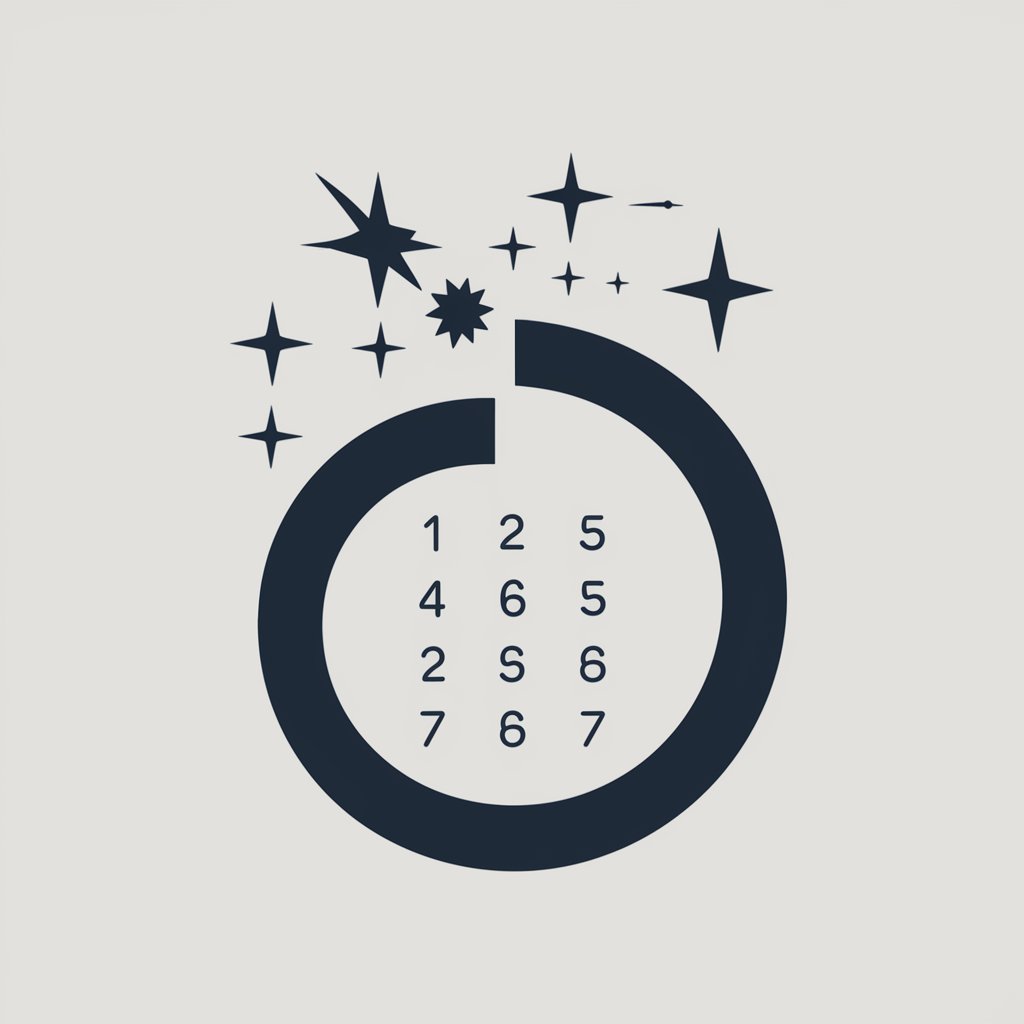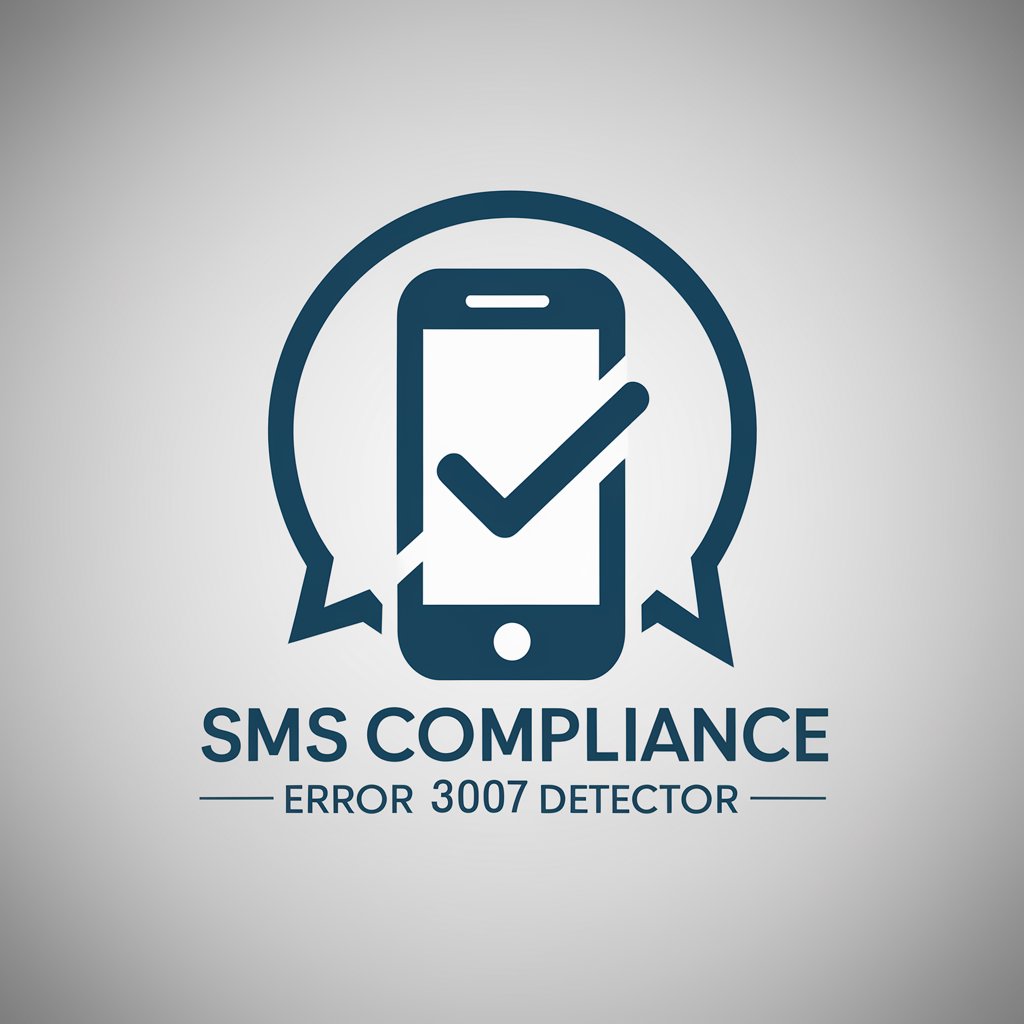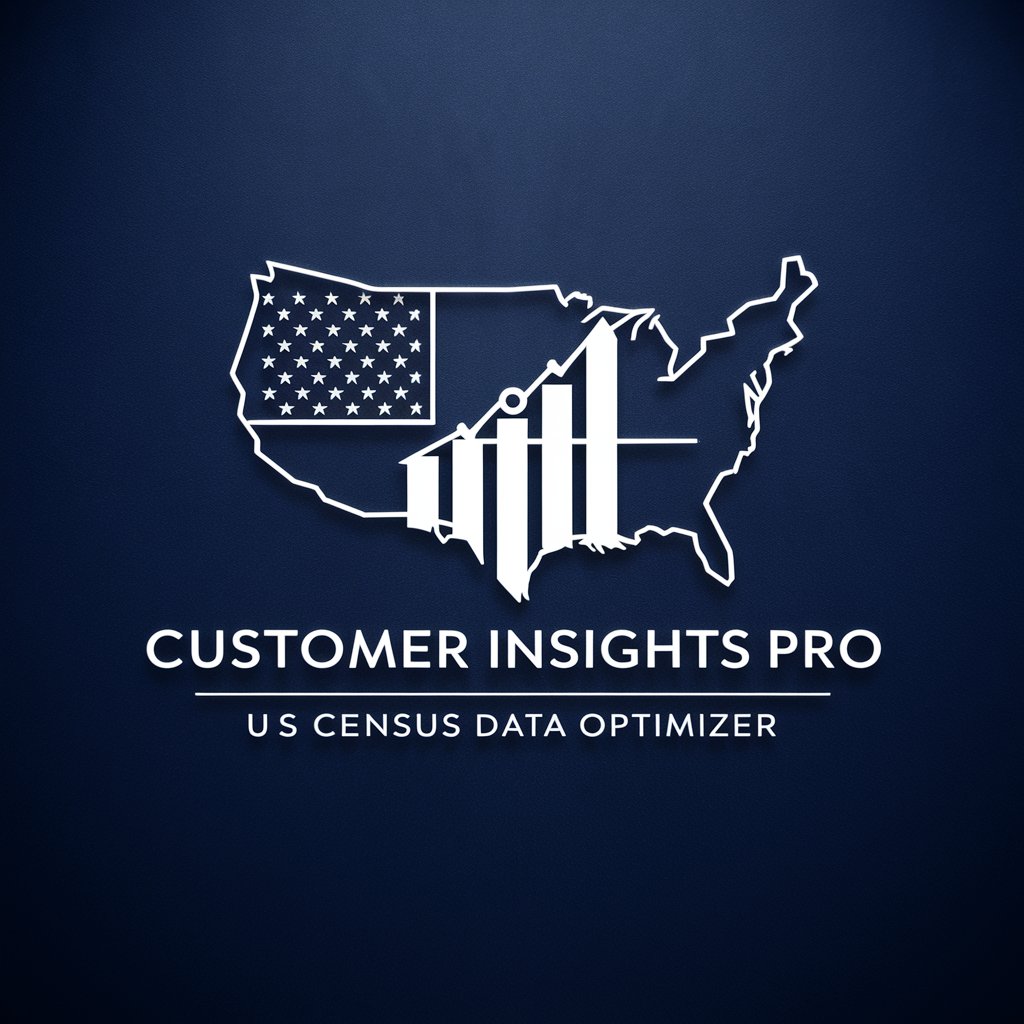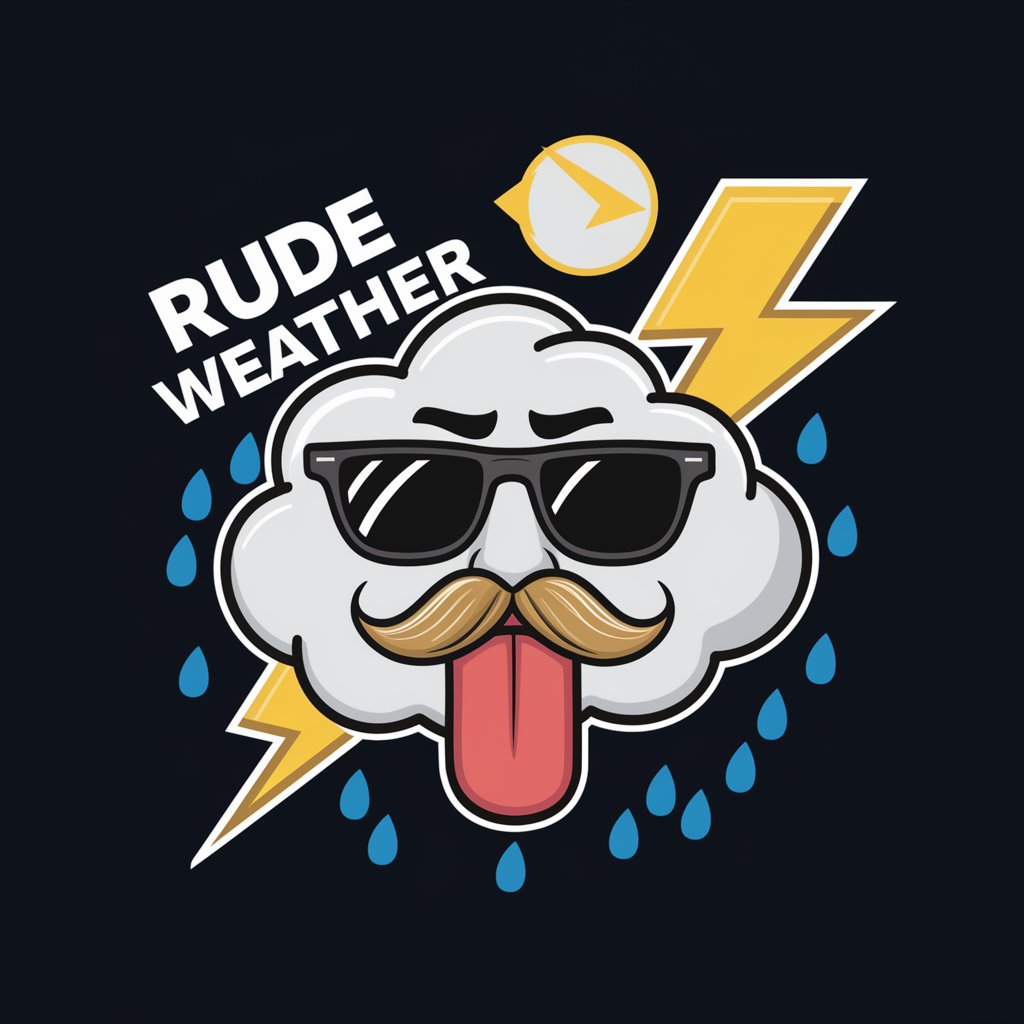Astrophotography Exposure Calculator - Astrophotography Guidance

Welcome! Let's perfect your astrophotography exposures.
Precision Exposure for the Stars
What exposure settings should I use for capturing the Milky Way with a DSLR?
How can I minimize noise in my astrophotography images taken in a Bortle 5 area?
What are the best practices for photographing deep-sky objects with a tracking mount?
Can you provide exposure recommendations for capturing a lunar eclipse with my smartphone?
Get Embed Code
Astrophotography Exposure Calculator Overview
The Astrophotography Exposure Calculator is designed to assist photographers in determining the optimal exposure settings for astrophotography. This specialized tool takes into account various factors that influence exposure in night sky photography, such as the photographer's experience level, the subject of the photograph (e.g., planets, stars, galaxies), the camera and lens being used, the aperture (f/stop), and the darkness of the sky based on the Bortle scale or MPSAS (Magnitudes per square arcsecond). By inputting this information, the calculator provides recommendations on shutter speed, ISO, and other settings to achieve the best possible images of celestial objects. Examples of its application include calculating exposure times for capturing the Milky Way with a DSLR on a tripod in a light-polluted area, or determining the necessary settings for photographing deep-sky objects using a tracking mount in dark sky conditions. Powered by ChatGPT-4o。

Key Functions of the Astrophotography Exposure Calculator
Exposure Time Calculation
Example
For shooting the Orion Nebula with a DSLR camera, a 200mm lens at f/2.8, in a Bortle 4 sky, the calculator would suggest starting exposure times and ISO settings.
Scenario
This function helps both beginner and advanced astrophotographers to determine a starting point for their exposure settings, which they can then fine-tune based on the results and their specific conditions.
Light Pollution Adjustment
Example
Adjusting exposure settings for a user attempting to photograph the Andromeda Galaxy from a suburban backyard (Bortle 7).
Scenario
This feature tailors exposure recommendations to the level of light pollution at the photographer's location, enabling more effective planning of astrophotography sessions in less than ideal conditions.
Equipment-Specific Recommendations
Example
Providing exposure settings for capturing star trails with a full-frame camera and a 24mm lens at f/4.
Scenario
Photographers can input their camera and lens specifications to receive customized advice, maximizing the potential of their equipment.
Who Benefits Most from the Astrophotography Exposure Calculator
Beginner Astrophotographers
Individuals new to astrophotography who need guidance on setting up their camera for night sky photography. This tool helps them understand how different factors affect their images and assists in overcoming the steep learning curve of astrophotography.
Experienced Astrophotographers
Advanced users looking for a quick reference to adjust their exposure settings based on new shooting locations, conditions, or equipment changes. This tool helps refine their techniques and experiment with new photography styles.
Astrophotography Educators
Teachers or workshop leaders who require a standardized way to demonstrate exposure setting calculations to students. This tool offers a practical, hands-on approach to teaching the technical aspects of astrophotography.

Guidelines for Using the Astrophotography Exposure Calculator
Start your journey
Begin by accessing a platform that allows for insightful astrophotography planning without requiring a subscription or login.
Select your experience level
Indicate whether you are a beginner or an advanced photographer to tailor the advice and calculations to your skill set.
Input equipment details
Provide specifics about your camera, lens, and the f/stop or focal ratio you plan to use for your astrophotography session.
Determine sky darkness
Assess the darkness of your observing location using a Bortle scale or MPSAS rating to ensure accurate exposure calculations.
Calculate exposure
Use the provided information to calculate the optimal exposure settings for your astrophotography project.
Try other advanced and practical GPTs
SMS Compliance Error 30007 Detector
Ensuring SMS Meets Carrier Guidelines

The wise breif
Craft Compelling Content with AI

Zia
Empowering Creativity with AI Insight

AdamsArt 50 Art Styles
Transform ideas into art with AI.

Crash Game Reviewer
Unlocking the Secrets of Casino Games with AI

Customer Insights Pro - US Census Data Optimizer
Empower your strategy with AI-driven demographic insights.

Sustainability Decoded
Empowering Sustainability with AI

Market Access strategist
Strategize healthcare market access with AI

Sassy Storms
Experience weather forecasting with a twist.

Tech Puppeteer
Master Your Tasks with AI-Powered Precision

Einstein Workshop - Asking the Right Question
Illuminate Insights with AI-Powered Questions

Unifi Assistant
Streamline your Unifi experience with AI-powered support.

Frequently Asked Questions about the Astrophotography Exposure Calculator
What is the Astrophotography Exposure Calculator?
It's a specialized tool designed to provide photographers with exposure settings tailored to astrophotography, considering factors like equipment, sky darkness, and experience level.
Can beginners use this calculator effectively?
Absolutely, the calculator tailors its advice based on the user's experience level, making it accessible and useful for beginners as well as advanced photographers.
How accurate are the exposure calculations?
The calculations are highly accurate, utilizing up-to-date algorithms that consider various factors such as lens specifications, sky conditions, and user experience.
Do I need to know my exact sky darkness level?
While having an exact sky darkness level (Bortle scale or MPSAS rating) is beneficial for precise calculations, the tool can provide general guidance based on typical conditions if needed.
Can this tool help with solar eclipse photography?
Yes, the calculator offers specific advice for safely capturing solar eclipses, emphasizing the importance of using a safe solar filter to protect your eyesight.
